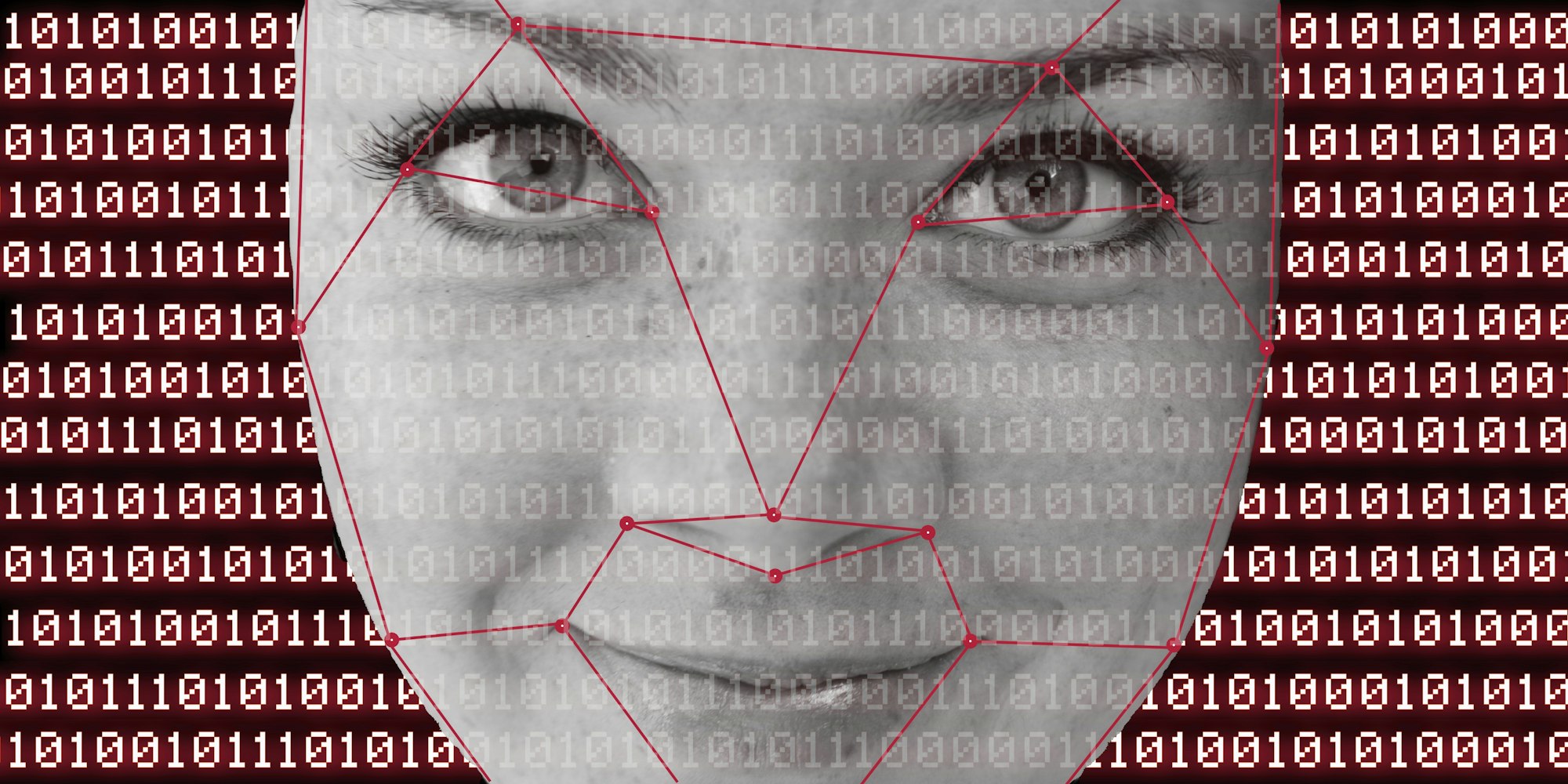Imagine you receive a call from one of your relatives, say a grandson. You recognize the voice and are alarmed to hear your loved one is in a dire financial predicament. Without thinking, you send the $15,000 to the designated account, only to discover later that artificial intelligence had cloned her grandson’s voice from social media videos.
This scenario, reported in Seattle last month, represents a growing wave of deepfake-enabled cyberattacks targeting ordinary citizens. Unlike earlier deepfake schemes that primarily targeted celebrities and executives, today’s AI-powered scams increasingly affect everyday people.
“The technology has become so accessible that criminal groups can mass-produce convincing voice and video deepfakes for under $100 per target.”
Recent data from the Internet Crime Complaint Center (IC3) shows that deepfake-related fraud cases have increased 300% since 2023. Voice cloning attacks lead the trend, accounting for 60% of reported incidents, followed by video manipulation at 25% and doctored images at 15%.
The most common attack vectors include:
- Emergency scam calls from “family members” in distress
- Job interview fraud using deepfake hiring managers
- Dating app deception using AI-generated profiles
- Banking scams with cloned customer service representatives
- Social media manipulation using synthetic content
Financial institutions report a troubling rise in sophisticated fraud attempts. “These aren’t obvious scams anymore,” notes one executive, head of fraud prevention. “We’ve seen deepfake video calls that can fool even our trained staff. The AI accurately mimics our customers’ faces, voices, and mannerisms.”
Protection strategies are evolving, but experts emphasize digital hygiene. “Limit your digital footprint,” advises Martinez. “Those innocent TikTok videos and Instagram reels provide scammers with training data for voice and face cloning.”
Law enforcement agencies are adapting to this new threat landscape. The FBI’s Cyber Division has established a dedicated Synthetic Media Task Force, while several states have passed legislation requiring disclosure of AI-generated content.









